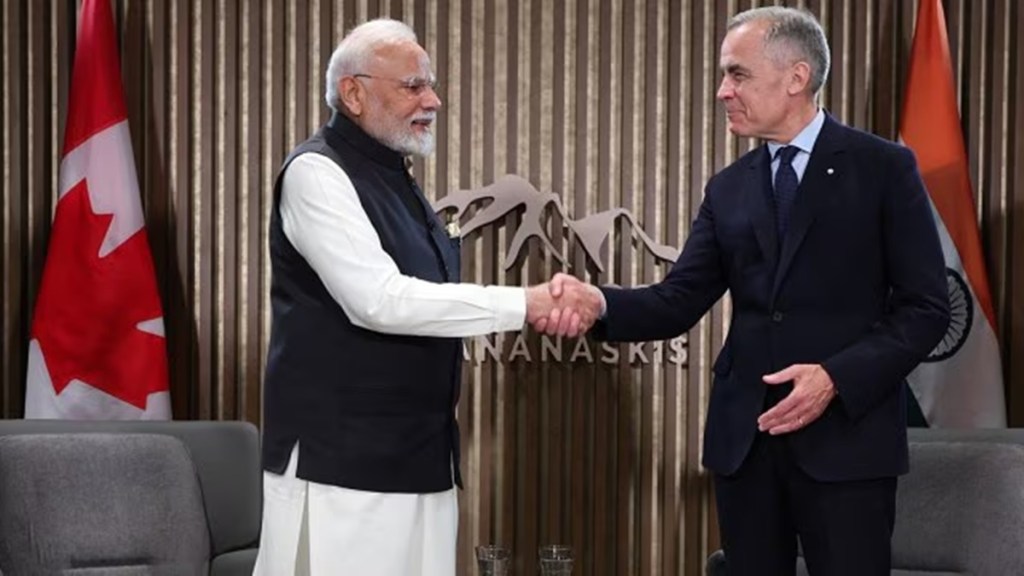Canada’s top intelligence agency, CSIS, has acknowledged that a “small group” of Khalistani extremists based in the country continue to pose a security threat. In its annual report, CSIS stated that these individuals use Canada as a base to fund, plan, or support attacks primarily aimed at India. The agency classified such activities as “politically motivated violent extremism” (PMVE), describing it as efforts to force changes in existing political systems. CSIS emphasised the threat posed by those facilitating attacks globally to create new political structures, highlighting the urgency of tackling this issue.
However, India has been tagged as one of the “main perpetrators of foreign interference and espionage against Canada” in a newly released security report. The assertion came mere days after a ‘resetting of ties’ as Prime Minister Narendra Modi met with his counterpart for the G7 Summit. The document states Khalistani terrorists that used Canada as a base to “promote, fund and plan violence primarily in India”.
‘Perpetrator of foreign interference’
The Canadian intelligence agency accused India of being one of the main perpetrators of “foreign interference and espionage” against the country. Canadian Prime Minister Mark Carney had met with PM Modi earlier this week for the G7 Summit. He appeared cautious while sharing details about their interaction on Wednesday — noting the need be be “careful about further commentary” on the Nijjar killing since a judicial process remained underway.
“The main perpetrators of foreign interference and espionage against Canada include the PRC, India, the Russian Federation, the Islamic Republic of Iran, and Pakistan. During the past year, a number of these states, their intelligence services and other affiliated organizations engaged in a broad range of foreign interference and espionage activities to advance their objectives while undermining Canada’s national security, values, and economic prosperity,” read an excerpt from the latest Canadian Security Intelligence Service report.
Ties between the two countries had become increasingly strained after former PM Justin Trudeau accused Indian authorities of involvement in the assassination of Hardeep Singh Nijjar. The separatist leader — declared terrorist by India — had been gunned down by unknown individuals in June 2023. The report released on Thursday claimed that the “extent of the Indian government’s involvement in foreign interference” had emerged in 2024 as Canada held public hearings to investigate the matter.
“Indian officials, including their Canada-based proxy agents, engage in a range of activities that seek to influence Canadian communities and politicians. When these activities are deceptive, clandestine or threatening, they are deemed to be foreign interference. These activities attempt to steer Canada’s positions into alignment with India’s interests on key issues, particularly with respect to how the Indian government perceives Canada-based supporters of an independent homeland that they call Khalistan,” the report alleged.
India calls report ‘fiction for political purposes’
The allegations have since prompted a furious rebuttal from Indian authorities, with officials rejecting the report. According to a News18 report, top government officials suggested that the report was deliberately timed to “appease separatist lobbies” and divert focus from the country’s failure to act against pro-Khalistan extremist groups operating on its soil.
“We categorically reject the CSIS report. It is not based on facts, but on fiction crafted for political purposes. This is not national security; it is appeasement politics aimed at Sikh voters, particularly ahead of the anniversary of Hardeep Singh Nijjar’s killing,” the publication quoted diplomatic sources as saying.

